Alzheimer’s activities
Providing Alzheimer’s activities in your home is very important. Many people with Alzheimer’s Disease get bored easily. Boredom can lead to wandering and problem behaviors. Your household will run much smoother if you can stick to a daily routine and provide activities to keep your family member occupied.
Many families with a family member with this disease rely too heavily on the television to keep them occupied. That may work for some people for a short period. Still, most people with Alzheimer’s can only watch television for a short time. I have found that older television shows will hold their attention longer than the new ones. It varies from person to person.
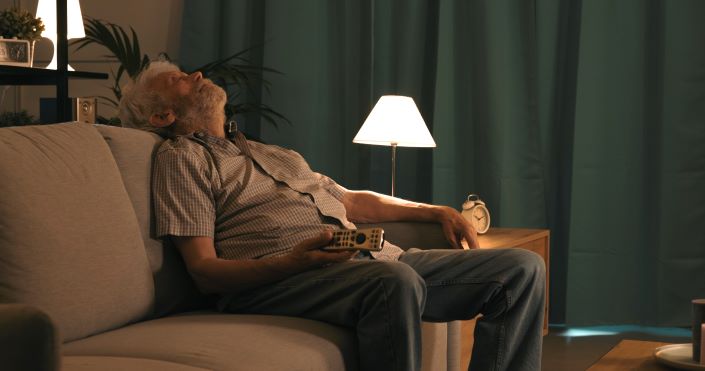
Find Alzheimer’s Activities They Will Relate to
Think about what they liked to do before Alzheimer’s. What are their interests? If he was a farmer, investing in a couple of books on tractor photos would be a good idea. A fish tank or a window in front of a bird feeder may interest someone for hours. Maybe he was a mechanic; sorting nuts and bolts might be something that would keep him busy and make him feel needed. You have to help figure this one out for your family member.
We are all different. There are hundreds, if not thousands, of Alzheimer’s activities you can do at home with your family member. Get creative. Play their favorite music, dance, have a good time, and enjoy each other. Here is a list of 101 Alzheimer’s actvities.
Remember to socialize if this has been your lifestyle. Do not isolate someone with this disease. They need social interaction with others until they reach a point it becomes too difficult for them. Go for walks, parks, museums, whatever you can find. Then, just take them out of the house while you still can.
I once read a story about a woman who bought rolls of bubble wrap. She told her father there was a company that would pay him to pop all the bubbles in the roll weekly. This went on for a long time. Not only did it help occupy his time, but he felt needed and was contributing to the home.
Many caregivers at home struggle in this area, keep these in mind
- Keep them active to maintain their strength and mobility
- Connect with them to prevent loneliness
- Make them feel needed.
- Put a smile on their face or, better yet, laughter
- Burn up excess energy so they will sleep that night
The Alzheimer’s Activities are Dictated by the Disease stage
In the early stage, they can still participate in most of their usual activities. It is a good idea to provide activities that will stimulate brain activity. Talk about current events every morning over coffee. Review trivia, there are different games and videos on the market.
Work on a memory scrapbook together ( review it often to help maintain the memories). Organize your photo albums and review them frequently. It is a good idea to work on home movies also, whether it is creating new ones or editing the old ones. These will be helpful later down the line.
The Alzheimer’s activities for the middle stage are usually more physically oriented. You should also continue with the brain activities for as long as possible. They will reach a point where they can only follow simple directions.
You will find at this point simple household tasks can become an activity, such as folding clothes. For many people, simple activities they have done thousands of times over their lifetime will be comforting to them now. Play games, but don’t focus on the rules. It is the activity itself that is important. It is helping them to feel normal and independent.
Keeping your family member with Alzheimer’s Disease active is good for both of you, both physically and emotionally. Providing Alzheimers activities you can do together will help you to continue to share enjoyable experiences
Late-stage activities are mostly for comfort. Music should be used during all of the stages, but at this point, mellow relaxing music will help calm them when they are restless. Reading to them is also a good activity. I have found audio-books also work well for people in the middle and late stages. I believe the audio-book keeps the mind active and also prevents them from feeling alone.
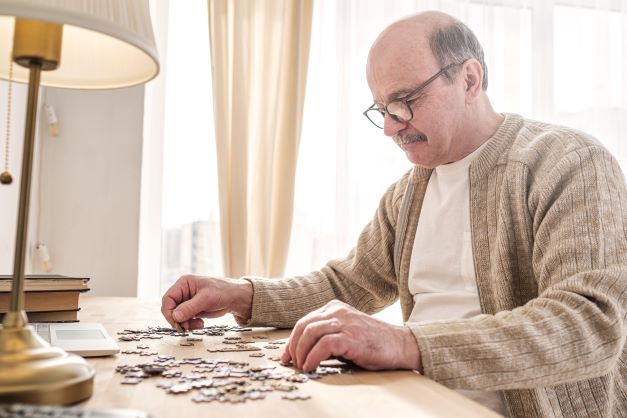
Hand massages with lotion work well throughout all stages. It helps them feel connected to you.

Items used by some caregivers
ACTIVITY/ ENTERTAINMENT SUPPLIES:
Entertainment and Engagement:
- Puzzle Books: Crosswords, Sudoku, or picture puzzles can stimulate the mind.
- Music and Familiar Movies: Playing familiar tunes and movies can bring comfort and joy
- Sorting: Buttons, socks, or bolts & screws work well and can help them feel useful
Colored Assorted Buttons
15 different colors of buttons in a plastic case are ideal for a sorting activity.
Shape Sorting
Activities for Seniors – A Shape Sorting Puzzle for The Elderly – Dementia – Alzheimer’s, Learning Disabilities

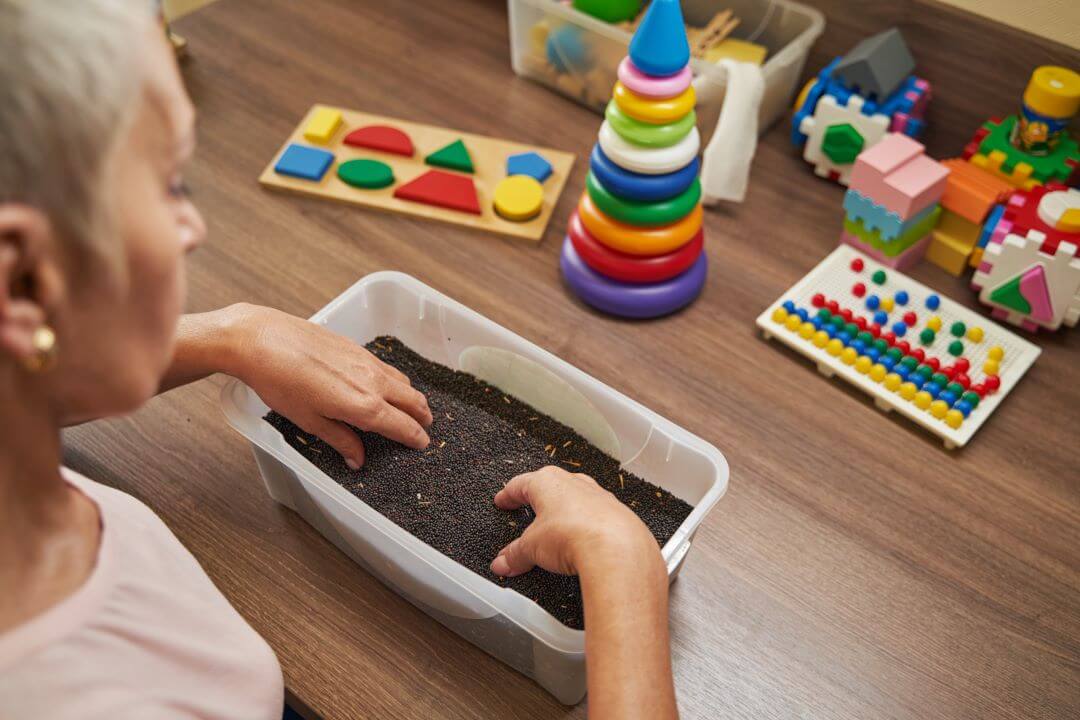

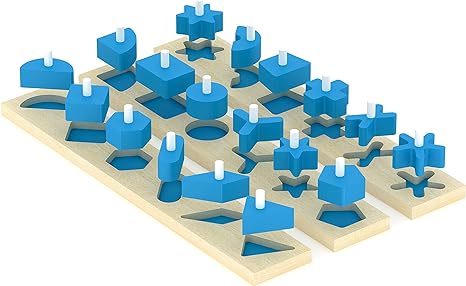
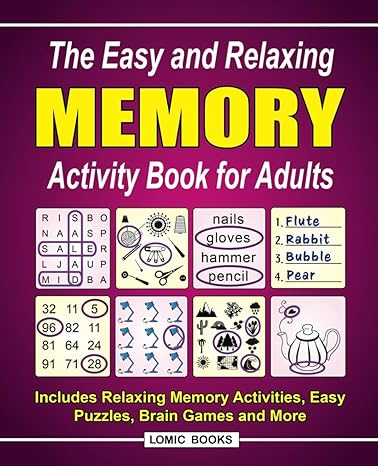







0 Comments